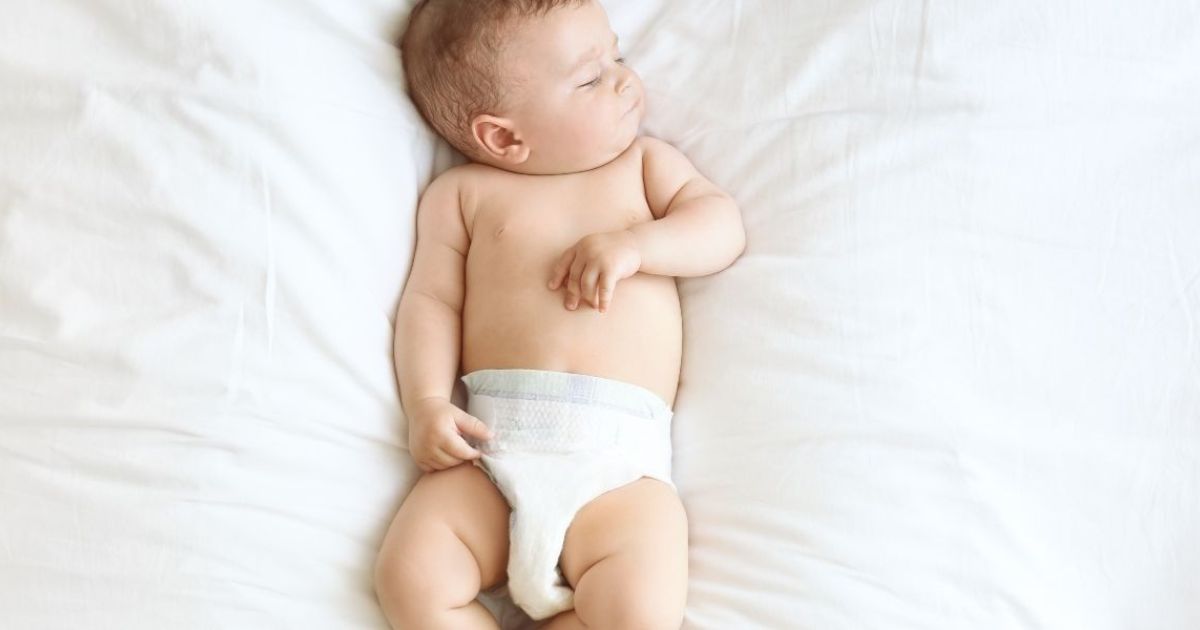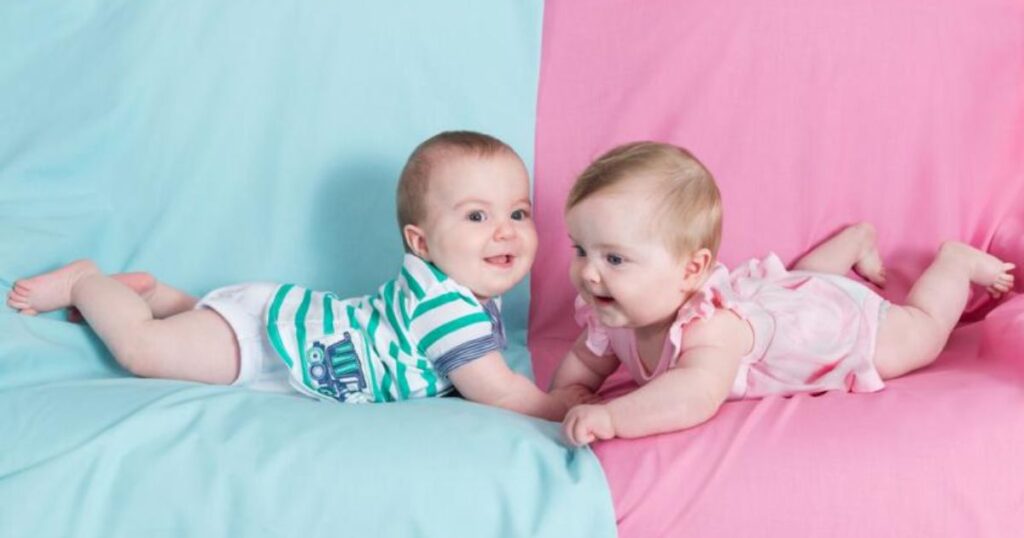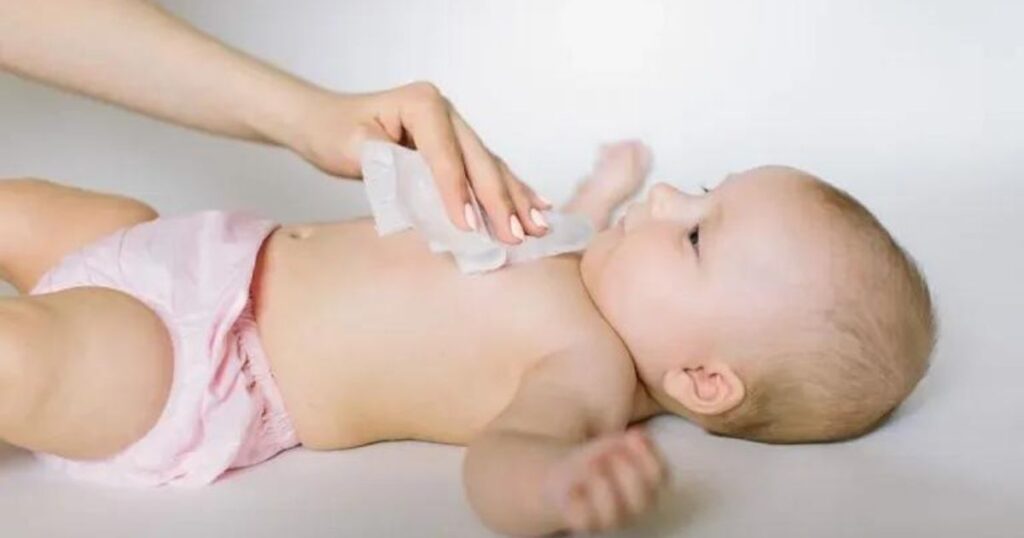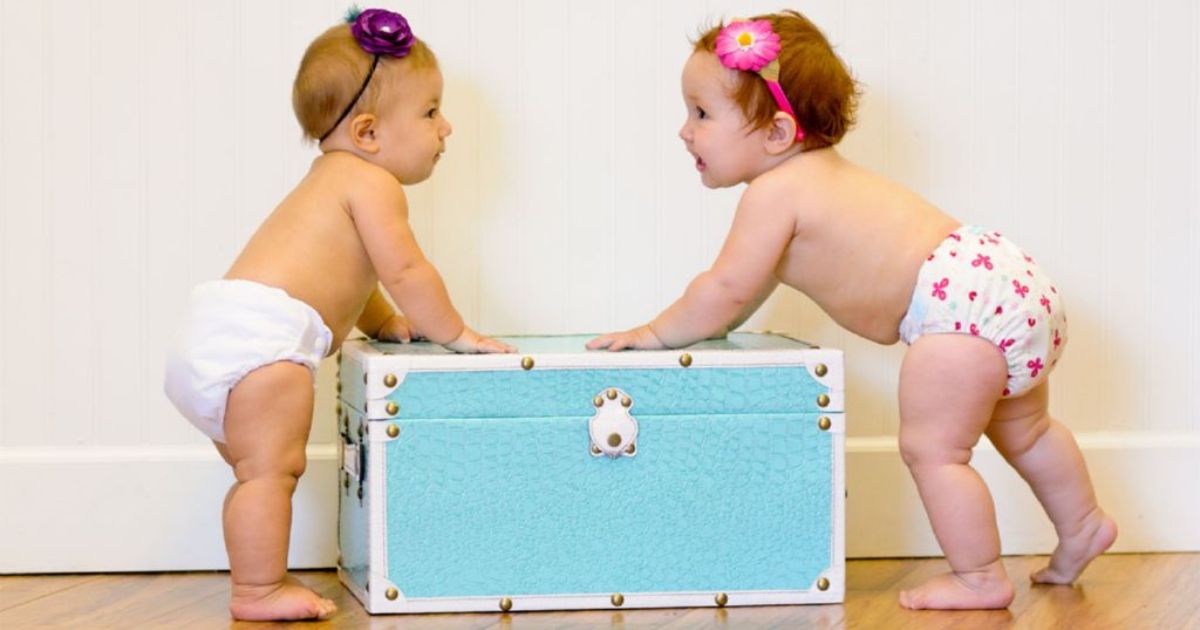When it comes to caring for a newborn, there are countless questions that arise, and one of the most common concerns is how many diapers a newborn requires in a month. This article aims to provide a comprehensive guide on the average number of diapers needed, taking into account factors such as diaper sizes, nighttime diaper needs, and considerations for the baby’s gender.
It will explore both disposable and cloth diaper usage in the first year, as well as the overall lifetime diaper usage. Understanding these aspects can help parents ensure they have an adequate supply of diapers while keeping their little one clean and comfortable. So, let’s delve into the world of diapering and discover how to meet the diaper needs of a newborn.
Key Takeaways
- Newborns use an average of 10 to 12 diapers per day, totaling around 300 to 360 diapers in a month.
- Diaper sizes should be chosen based on the baby’s weight and growth rate, ranging from preemie size to size 3.
- Overnight diapers are recommended for newborns as they are more absorbent and designed to handle increased urine output during longer stretches of sleep.
- Baby girls may require more frequent diaper changes to prevent urinary tract infections, while baby boys may need extra caution during diaper changes to avoid getting peed on.
Average Number of Diapers in a Month

How many diapers does a newborn typically go through in a month? The average number of diapers used by a newborn in a month can vary depending on several factors. On average, a newborn will use about 10 to 12 diapers per day, which adds up to approximately 300 to 360 diapers in a month.
This number can fluctuate based on the baby’s feeding habits, age, and individual needs. Breastfed babies tend to have more frequent bowel movements, resulting in more diaper changes compared to formula-fed babies.
As the baby grows and starts eating solid food, the frequency of diaper changes may decrease. It is important to keep in mind that each baby is unique, and their diaper usage may differ.
Diaper Sizes for Newborns
To determine the appropriate diaper sizes for newborns, it is essential to consider their weight and growth rate. Newborns come in various sizes, and using the right diaper size ensures comfort and prevents leakage. Here is a table that provides a general guideline for diaper sizes based on weight:
| Diaper Size | Weight Range (lbs) |
|---|---|
| Preemie | Up to 6 |
| Newborn | Up to 10 |
| Size 1 | 8-14 |
| Size 2 | 12-18 |
| Size 3 | 16-28 |
It’s important to note that every baby is different, so it’s essential to check the manufacturer’s guidelines and monitor your baby’s weight to ensure the right fit. As your baby grows, you may need to transition to larger diaper sizes to accommodate their changing needs.
Nighttime Diaper Needs
When considering the nighttime diaper needs of a newborn, it is important to prioritize comfort and leakage prevention. Many Newborn Diapers Do I Need Newborns typically sleep for longer stretches during the night, which means their diapers need to be able to handle increased urine output without causing discomfort or leakage.
To ensure a comfortable night’s sleep, it is recommended to use diapers specifically designed for overnight use. These diapers are often more absorbent and have additional features such as extra padding or a higher waistline to prevent leaks.
It is also important to check the fit of the diaper and ensure it is snug but not too tight, as this can cause discomfort and increase the risk of leaks. By prioritizing comfort and leakage prevention, parents can help their newborns have a peaceful and dry night’s sleep.
Considerations for Baby’s Gender

When considering the diaper needs of a newborn, it is important to take into account the baby’s gender. While the number of diapers a newborn requires per day remains relatively consistent, there are some considerations that may be influenced by the baby’s gender.
For instance, baby girls may require more frequent diaper changes due to the potential for urinary tract infections. It is important to clean the diaper area thoroughly and avoid wiping from back to front to prevent the spread of bacteria.
On the other hand, baby boys may have a tendency to pee during diaper changes, requiring additional caution and preparation. Overall, understanding the potential differences in diaper needs based on gender can help parents better prepare and care for their newborns.
Disposable Diaper Usage in the First Year
Considering the previous subtopic on the diaper needs of newborns based on gender, it is important to delve into the usage of disposable diapers in the first year. Disposable diapers are widely used by parents due to their convenience and ease of use.
On average, newborns use approximately 8 to 10 diapers per day, which amounts to around 240 to 300 diapers per month. As the baby grows, the frequency of diaper changes decreases, and by the end of the first year, it is estimated that babies require around 6 to 8 diapers per day.
This translates to approximately 180 to 240 diapers per month. It is important to note that these figures are rough estimates, as each baby’s diaper usage can vary based on factors such as feeding patterns, metabolism, and individual needs.
Lifetime Diaper Usage
Newborns’ diaper usage in the first year sets the foundation for their lifetime diaper needs. It’s important for parents to understand the long-term implications of diaper usage to plan and budget accordingly. The table below provides an estimate of the average number of diapers used by children at different stages of their life:
| Age Range | Average Diaper Usage per Day | Total Diapers Used in a Year |
|---|---|---|
| Newborn | 8-12 | 2,920 – 4,380 |
| 6 months | 6-8 | 1,095 – 1,460 |
| 1 year | 4-6 | 730 – 1,095 |
It’s worth noting that these numbers may vary depending on the individual child and their specific needs. Some children may potty train earlier, reducing their diaper usage. Understanding the lifetime diaper usage can help parents plan ahead, both in terms of budgeting for diapers and deciding when to start potty training.
Cloth Diaper Needs
The cloth diaper needs of newborns can be effectively managed with proper planning and preparation. Cloth diapers are an eco-friendly and cost-effective alternative to disposable diapers. When it comes to cloth diaper needs, it is recommended to have around 24 to 36 cloth diapers on hand for a newborn.
This quantity ensures that there are enough diapers, like Huggies Diapers Toxic, to last throughout the day, allowing for frequent changes to maintain hygiene and prevent diaper rashes. It is important to consider the absorbency, fit, and ease of use when selecting cloth diapers.
Having a good supply of diaper covers, liners, and inserts is essential for managing leaks and keeping the baby dry. By properly stocking up on cloth diapers and accessories, parents can ensure that their newborn stays comfortable and clean.
Keeping Baby Clean and Comfortable

To ensure optimal comfort and cleanliness for your baby, it is crucial to establish a proper diaper changing routine. This routine should include frequent diaper changes to prevent rashes and irritation. Newborns typically require around 10 to 12 diaper changes per day, but this number may vary depending on your baby’s individual needs.
It is important to check the diaper frequently to ensure it is not soiled or wet, as leaving a dirty diaper on for too long can lead to discomfort and potential diaper rash. When changing the diaper, be sure to clean your baby’s bottom thoroughly using baby wipes or warm water and a washcloth. After cleaning, apply a thin layer of diaper cream to protect the skin and prevent irritation.
Make sure to choose diapers that are soft and absorbent, as this will keep your baby comfortable throughout the day. By following these steps and maintaining a consistent diaper changing routine, you can ensure that your baby stays clean and comfortable.
FAQ’s
Is 2 kg baby normal ?
A typical newborn weighs between 2.5 and 3.5 kg, with slightly over 3.5 kg still considered normal. Babies born under 2.5 kg are classified as having low birth weight, often occurring in premature births.
How many dirty diapers for a 1 month old?
Babies typically need 4–6 wet diapers daily and may vary in bowel movements; while some breastfed infants may poop with each feeding, others may go a day or more without.
How many diapers does a newborn go through monthly?
On average, babies may use around ten diapers daily, but individual needs may vary. Prepare for approximately 70 diapers per week, totaling 280 for your newborn’s first month.
Conclusion
In conclusion, the number of diapers needed for a newborn varies depending on factors such as diaper size, nighttime needs, and baby’s gender. Disposable diapers are commonly used in the first year, with a significant lifetime diaper usage.
Cloth diapers are also an option, requiring specific needs. Regardless of the choice, the priority is keeping the baby Are Huggies Diapers Toxic? clean and comfortable. The suspense created in this article leaves the audience imagining the many diaper changes that come with caring for a newborn.










